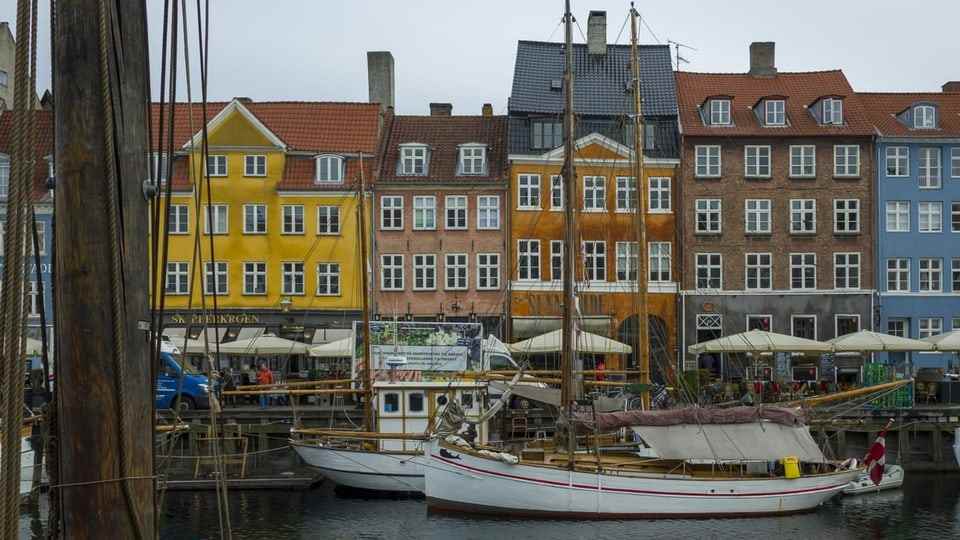contents
Less meat and more sustainable agriculture overall: Denmark has great ambitions in climate policy.
Denmark wants to make rapid progress when it comes to climate protection: The new Danish government wants to be one of the first countries in the world to introduce a CO₂ tax in agriculture. The goal is to produce fewer animal products such as meat.
“We are now more ambitious than we have ever been,” announced Prime Minister Mette Frederiksen. The aim is to become climate-neutral by 2045, five years earlier than planned, and to reduce CO₂ emissions by 110 percent by 2050 compared to 1990.
Concern about the climate has increased massively in Denmark in recent years.
Agriculture is responsible for around a third of CO₂ emissions in Denmark. However, their share of the gross domestic product is only one percent. The Danish government now wants to oblige farmers to pay a tax of around CHF 150 per tonne of CO₂. “This very noticeable amount should cause agriculture to change,” says SRF Northern Europe correspondent Bruno Kaufmann. “It should become more sustainable and produce more plant-based products.”
Animal products are also expected to become significantly more expensive in the future. The Danish population clearly supports this climate-friendly agricultural policy, explains Kaufmann. “Concern about the climate has increased massively in Denmark in recent years.” Because the country is literally built close to the water. So close that the possible effects of global warming pose a direct threat. For example, if the sea level rises, the residents of the coast feel it directly.
Legend:
Agricultural land as far as the eye can see: Around three quarters of Denmark’s surface area is used for agriculture. Grazing cows, herds of sheep and pig farms characterize the landscape.
Reuters/Bob Strong
Climate change has replaced migration as the biggest concern for Danes. In addition, agriculture in the Scandinavian country is relatively dirty compared to other European countries, according to the SRF correspondent. “It doesn’t go well with the Danish self-image. You want to be exemplary in ecological and climate policy terms.”
Shared response from the farmers
Those directly affected – the farmers – are reacting to the government plans with some skepticism. “They fear that the CO₂ tax will miss its target and they will lose their job,” says Kaufmann. However, the money should also flow back into agriculture: the levy is intended to help promote the switch to more sustainable production – also with investments in research.

Legend:
The fears of the farmers are not entirely unjustified, says Kaufmann: Because Denmark has experience with ambitious climate plans that ultimately failed. The capital Copenhagen should become the first climate-neutral city in the world by 2025. This spring, politicians conceded that this will not be possible.
Keystone/Georgios Kefalas
However, there are also voices from agriculture that support the CO₂ tax for ecological reasons. The positive response does not only come from smaller organic farms. The largest farmers’ association now wants to work out solutions together with the government and has given up its fundamental opposition to the levy.
High-flying climate plans
In terms of climate policy, Kaufmann sees Denmark as a whole on the right track. The country has been investing successfully in wind energy for decades and is one of the world market leaders. Now they also want to develop solutions for agriculture.
The new government has a majority in parliament and has negotiated the plans for a CO₂ tax in agriculture, concludes Kaufmann. “You are now making important steps for your own country – but also for the whole world.”
